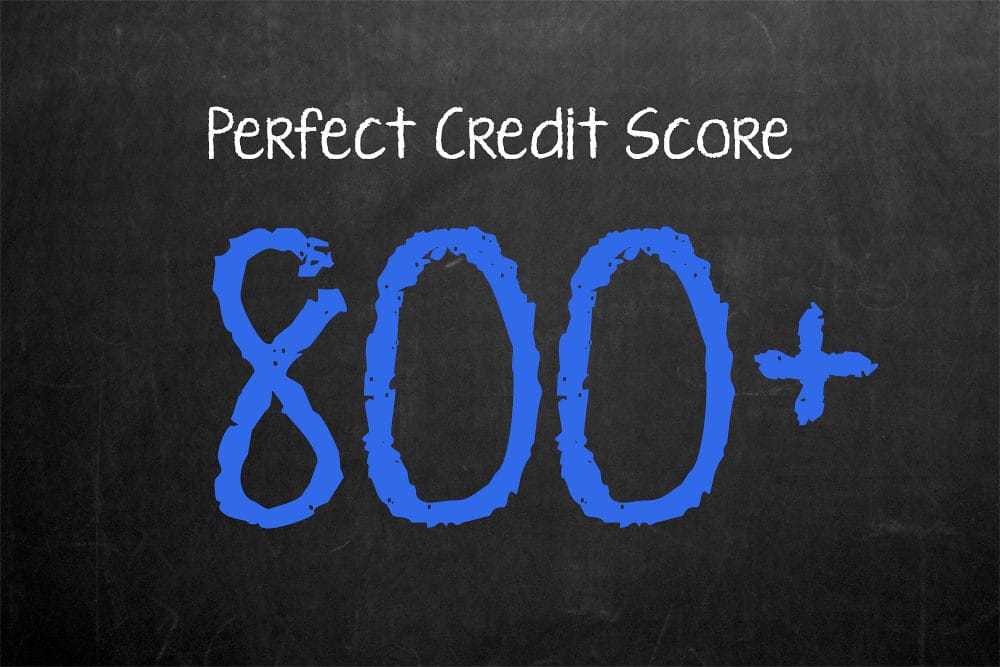FICO's Game-Changing Move: Buy-Now-Pay-Later Loans Now Impact Your Credit Score
The credit scoring giant's latest update could reshape how millions of Americans approach short-term financing and build credit history.
FICO, the company behind the credit scores that determine everything from mortgage rates to apartment approvals, has announced a significant shift that will reverberate through the wallets of millions of Americans. Starting in 2024, Buy-Now-Pay-Later (BNPL) loans will be incorporated into traditional credit scoring models, marking the first time these increasingly popular payment options will directly influence credit ratings.
This development represents a seismic shift in how consumer creditworthiness is evaluated, potentially affecting the estimated 360 million BNPL transactions that occurred in the United States in 2023 alone.
The Rise of Buy-Now-Pay-Later
Buy-Now-Pay-Later services like Klarna, Afterpay, Affirm, and PayPal's Pay in 4 have exploded in popularity, particularly among younger consumers. These services allow shoppers to split purchases into interest-free installments, typically over six to eight weeks, without requiring a traditional credit check.
The appeal is obvious: immediate gratification without the commitment of a credit card. BNPL usage surged during the pandemic, with transaction volumes increasing by over 300% between 2020 and 2023. What many users didn't realize was that their payment behavior on these platforms was largely invisible to traditional credit reporting—until now.
What Changes Under FICO's New System
Under FICO's updated scoring methodology, BNPL payment history will join credit cards, mortgages, auto loans, and other traditional credit products in determining credit scores. This means:
Positive Impact Potential: Consumers who consistently make on-time BNPL payments could see their credit scores improve, particularly those with limited credit history or "thin files." This is especially significant for younger consumers who may have avoided traditional credit products.
Negative Consequences: Late payments, defaults, or overextension across multiple BNPL platforms will now directly harm credit scores. Previously, these missteps had no immediate impact on traditional credit ratings.
Debt-to-Income Considerations: The total amount owed across BNPL platforms will now factor into credit utilization calculations, potentially affecting scores for users juggling multiple short-term payment plans.
Who Wins and Who Loses
The Winners
Credit-Building Opportunity: Young adults and immigrants with limited credit history could benefit significantly. Sarah Chen, a 24-year-old graduate student, represents this demographic perfectly. "I've been using Klarna for two years but couldn't get approved for a credit card. Now my good payment history might actually help me build credit."
Responsible Users: Consumers who use BNPL services strategically and pay on time will see their disciplined behavior reflected in their credit scores.
The Potential Losers
Overextended Users: Industry data suggests that 43% of BNPL users have made a late payment, and 25% have been charged a late fee. These consumers may see their credit scores drop when their negative payment history is incorporated.
Multiple Platform Users: Research indicates that 38% of BNPL users maintain accounts with multiple providers. Those juggling payments across several platforms may find their credit utilization ratios negatively impacted.
Industry Implications
This change reflects BNPL's evolution from a niche payment option to a mainstream financial product. With the global BNPL market expected to reach $166 billion by 2025, traditional credit institutions can no longer ignore these alternative lending products.
Credit counselors are already preparing for an influx of questions. "We're seeing clients who thought BNPL was 'free money' suddenly worried about their credit scores," says Maria Rodriguez, a certified credit counselor in Phoenix. "Education is going to be crucial."
Preparing for the Change
Financial experts recommend that current BNPL users take immediate action:
- Audit existing BNPL accounts and ensure all payments are current
- Consolidate multiple BNPL accounts where possible to reduce complexity
- Set up automatic payments to avoid late fees and negative credit impacts
- Consider payment capacity before taking on new BNPL commitments
The Bottom Line
FICO's decision to incorporate BNPL data represents a maturation of the alternative lending space and acknowledges the reality of modern consumer spending habits. While this change could help creditworthy consumers build stronger credit profiles, it also introduces new risks for those who've treated BNPL as consequence-free spending.
The message is clear: there's no such thing as "free" credit, and every financial decision now has the potential to impact your credit score. As BNPL services transition from invisible to integrated, consumers must approach these tools with the same caution and strategy they would apply to any other credit product.
